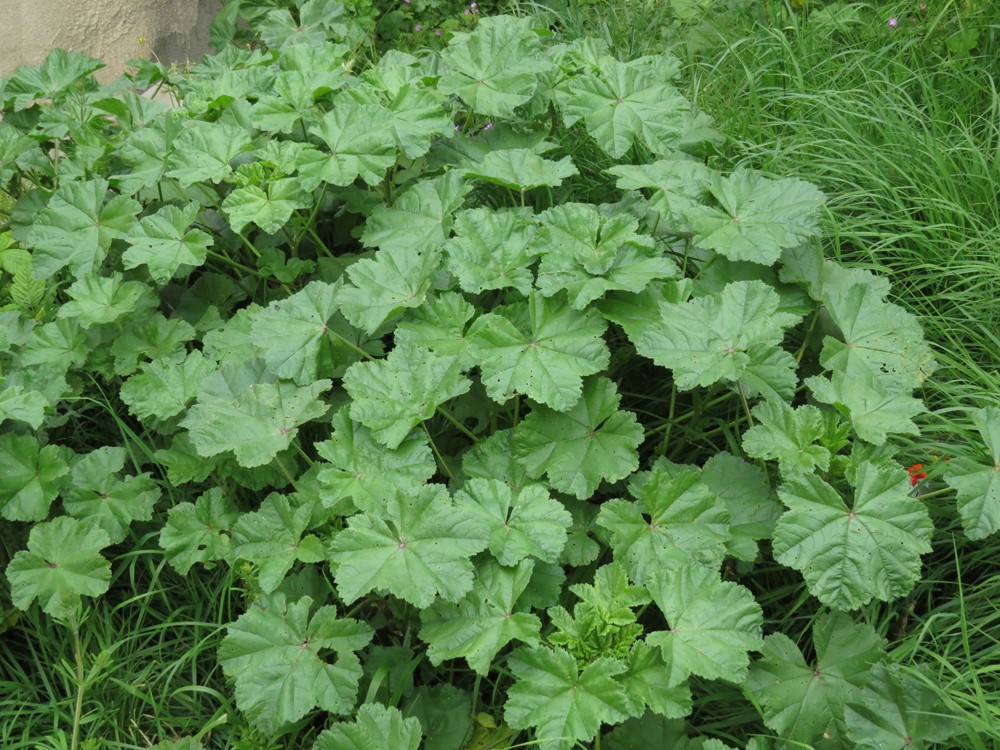In theory, compost teas are a great idea for an organic approach to lawn care. But it’s more complicated than having only the compost tea applied to your lawn. Microbes need food, air, water, and a little heat to survive and thrive.
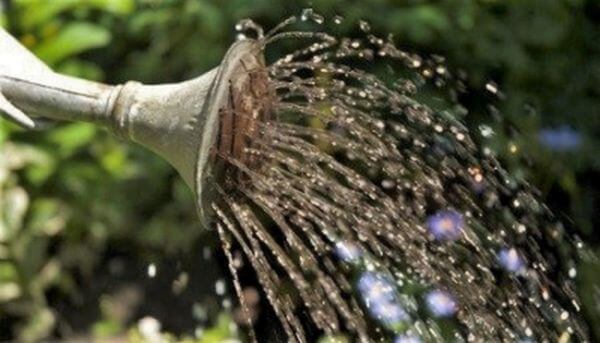
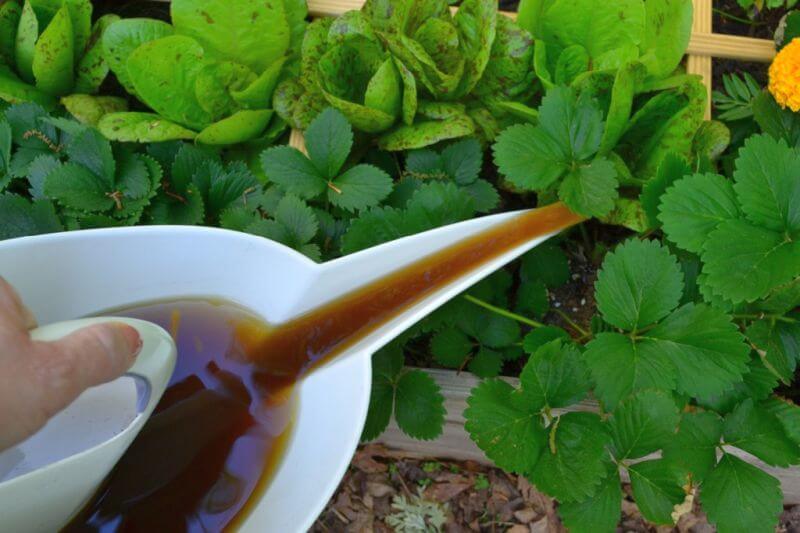
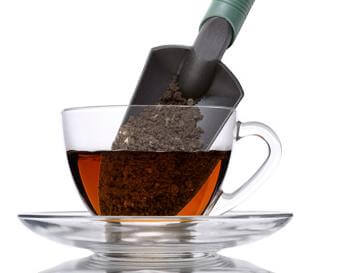
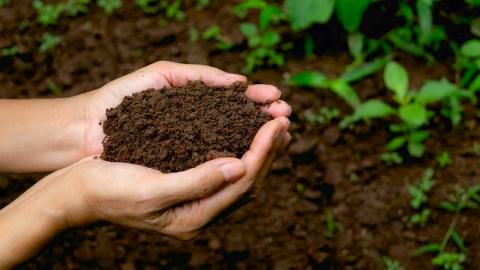
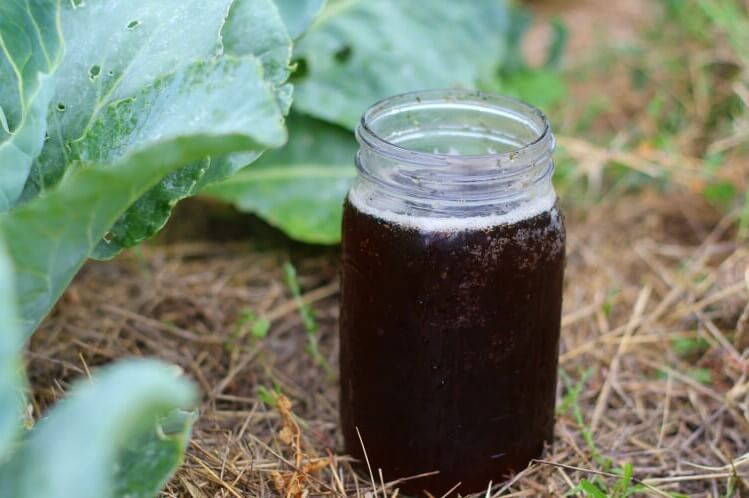
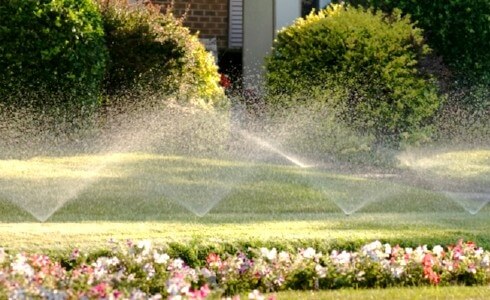
If your lawn has a balanced environment to support microbial activity then, in theory, the lawn would benefit from a compost tea application. That being said, if the soil’s environment already has a balance, then the lawn should already have a strong presence of beneficial microbes and a compost tea will not improve the microbial population very much.
What is a Compost Tea?
Compost teas are a liquid organic supplement made by steeping fresh, well-finished compost in aerated, clean water. If made properly the liquid is comprised of billions of beneficial microbes and a very small shot of nutrients. This liquid compost acts as a very mild organic liquid fertilizer that can be applied to plants at any time of year. If brewed properly the finished liquid will be comprised of billions of beneficial microbes that will help create what is called a living soil. To prevent the microbes from dying, the tea should be applied shortly after the brewing process.
Important Steps in Making a Quality Compost Tea
- It is very important to use a well finished compost when making a compost tea.The compost should smell fresh and not be too saturated.Unfinished compost may contain harmful pathogens also known as toxic fungi or bacteria.
- It usually takes 24-48 hours to make a compost tea.When the brew begins to smell “yeasty” then the tea is ready.If the tea smells like ammonia or foul, do not use it. Teas that are made without aeration can damage plants because they contain harmful microorganisms that thrive in anaerobic environments.
- The best way to apply a compost tea is with a spray bottle or by gently pouring it over the plants.Using a backpack spray or spray tank can kill the fragile microbes during the application.

Do Bottled Compost Teas Work?
Most compost teas that are available for purchase will probably not work very well.The microbes that were living in the tea will likely be dead.Microbes die quickly without food and air. Most commercially available compost teas are comprised of a small amount of nutrients, water and dead microbes.
Does Dry Compost or Compost Tea Work Better?
Dry compost is the best option for rebuilding soils. A high-quality dry compost is full of organic matter, nutrients, and microbes which will greatly enrich soils. Many people think that a compost tea will do the same thing as a dry compost but with a lot less work. However, the makeup of dry compost vs compost tea is vastly different. Compost is organic matter that will feed the microbes; compost teas do not have these long-lasting food sources.
Will My Lawn Benefit from a Compost Tea?
If your lawn has soil that is dead and there is no beneficial microbial activity you might think that a compost tea is the answer. Compost tea alone will not be the answer to your problem.When the compost tea is applied to a lawn or plants the microbes need air, water, and food. Without the right living environment, the microbes might make it to the soil but they will quickly die. Think of it as putting a large group of people in an area where there isn’t any food or water.There might be a lot of people there, but they can only thrive with a proper living environment.
Do Compost Teas Work?
Yes and no. Compost teas need three things to be done properly for them to work.- The compost tea needs to be brewed with high-quality compost in clean water that is aerated, and for only 24-48 hours.
- Compost teas need to be applied properly. Apply with a gentle application technique. Using a spray tank or backpack sprayer can kill the microbes.
- The area that the compost tea is applied to needs to be a suitable environment to sustain life. The microbes in the compost tea need a healthy soil with proper food, air, and water. Balanced food supply (organic fertilizers / organic matter / humate)Air (core aeration)Water (1-2-3-2-1 lawn watering technique)

If your lawn has a balanced environment to support microbial activity then, in theory, the lawn would benefit from a compost tea application. That being said, if the soil’s environment already has a balance, then the lawn should already have a strong presence of beneficial microbes and a compost tea will not improve the microbial population very much.



